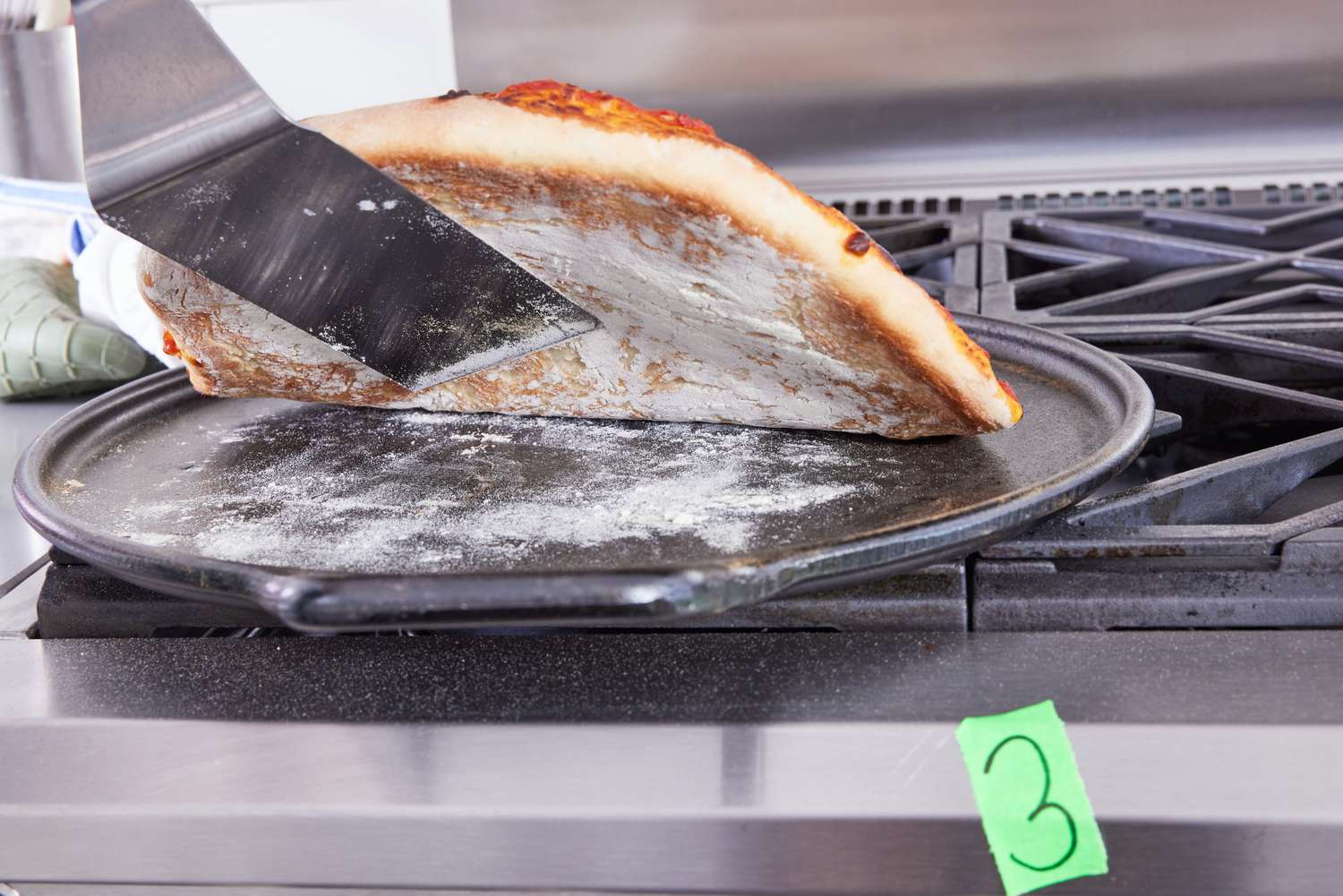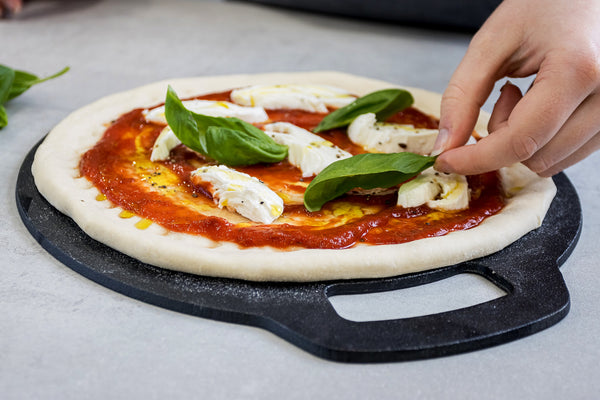For kitchen professionals who strive for perfection, a high-quality baking stone can revolutionize the way you bake. Whether it's achieving the perfect pizza crust, evenly baked loaves, or mouth-watering pastries, the right baking stone is crucial. This baking stone buying checklist ensures that you choose a baking stone that suits your culinary needs.
Before investing in a baking stone, it's vital to understand exactly what you're looking for. From material type to size, each factor can affect the outcome of your bakes. This comprehensive guide is designed to equip kitchen pros with the knowledge they need to make an informed decision.

Why a Baking Stone is Essential for Bakers
The hallmark of a professional kitchen is often the quality of its tools. A baking stone, or pizza stone, is a critical tool for maintaining consistent temperatures and creating that satisfying crispy crust which is indispensable in a variety of baked goods.
These stones are adept at absorbing moisture, which ensures the surface of your breads or pizzas remain perfectly crispy. Additionally, a well-chosen baking stone can prolong heat retention during multiple baking cycles, making it an efficient addition to any baking routine. You can learn more about different baking stone uses here.
Key Considerations in Selecting the Right Baking Stone
Material Matters
Baking stones come in many materials, including ceramic, cast iron, steel, and cordierite. Each offers unique advantages and potential drawbacks:
- Ceramic is popular for its affordability and ability to withstand high temperatures, but it can be less durable than other options.
- Cordierite stones are prized for their durability and heat retention, making them a favorite among seasoned bakers.
- Cast iron baking stones boast excellent heat retention and even heating, ideal for bread lovers.
- Steel stones, while heavy, distribute heat efficiently and rapidly, making them a powerhouse in a busy kitchen.
An excellent review of various baking stones can be found here.
Size and Shape
The size of your baking stone should match your baking needs and the capacity of your oven. Most common shapes include rectangular and round stones. If your focus is on pizzas, a round baking stone may suit your purpose better, while a rectangular one offers versatility for larger or varied bakes.
Heat Capacity and Conductivity
A stone's ability to manage heat is paramount. Heat capacity determines how much energy the stone can absorb and use in baking, while conductivity affects how evenly the heat is distributed. Testing different options can guide kitchen pros for optimal performance.
Frequently Added Extras to Enhance Your Baking Experience
Many baking stones come with additional accessories. Consider a purchase with the following extras:
- Scraping tools to help clean off residues easily.
- Racks to help store cooling stones effectively without occupying much space.
- Peels for placing and removing breads or pizzas without disturbing hot surfaces.
Detailed analysis of different baking stones and price comparisons can be found here.
Maintenance: Prolong the Life of Your Baking Stone
To get the best out of your baking stone, maintenance is key. Regular cleaning and careful use will extend its lifespan:
After each use, let the stone cool down naturally before cleaning. Avoid using soap, which can be absorbed by porous materials, impacting the flavor of subsequent bakes. For an in-depth guide on cleaning methods, visit our article on cleaning here.
:max_bytes(150000):strip_icc()/pizza-stone-testing-winners-lodge-pre-seasoned-cast-iron-baking-pan-wdickey-3-02-a8dc06f53f5d4be89d55a499294de19b.jpg)
Caring for Your Culinary Investments
For kitchen professionals, every tool is an investment. Proper research and selection can lead to an upgrade in your baking game, and a well-chosen, meticulously cared-for baking stone can be pivotal.
Frequently Asked Questions
Q: Do baking stones require preheating?
A: Yes, preheating your baking stone is crucial to achieve an evenly heated surface, which is essential for consistent results.
Q: How do I prevent my baking stone from cracking?
A: Ensure you avoid extreme temperature changes, and handle the stone with care. Also, never place a cold stone into a hot oven.
Q: Can I use a baking stone on a barbecue grill?
A: Yes, many baking stones can withstand the direct heat of a grill. However, verify the manufacturer's guidelines to ensure compatibility.
For more comprehensive information on utilizing a baking stone efficiently, be sure to explore additional resources such as this in-depth guide.
This article contains affiliate links. We may earn a commission at no extra cost to you.





Leave a comment
This site is protected by hCaptcha and the hCaptcha Privacy Policy and Terms of Service apply.